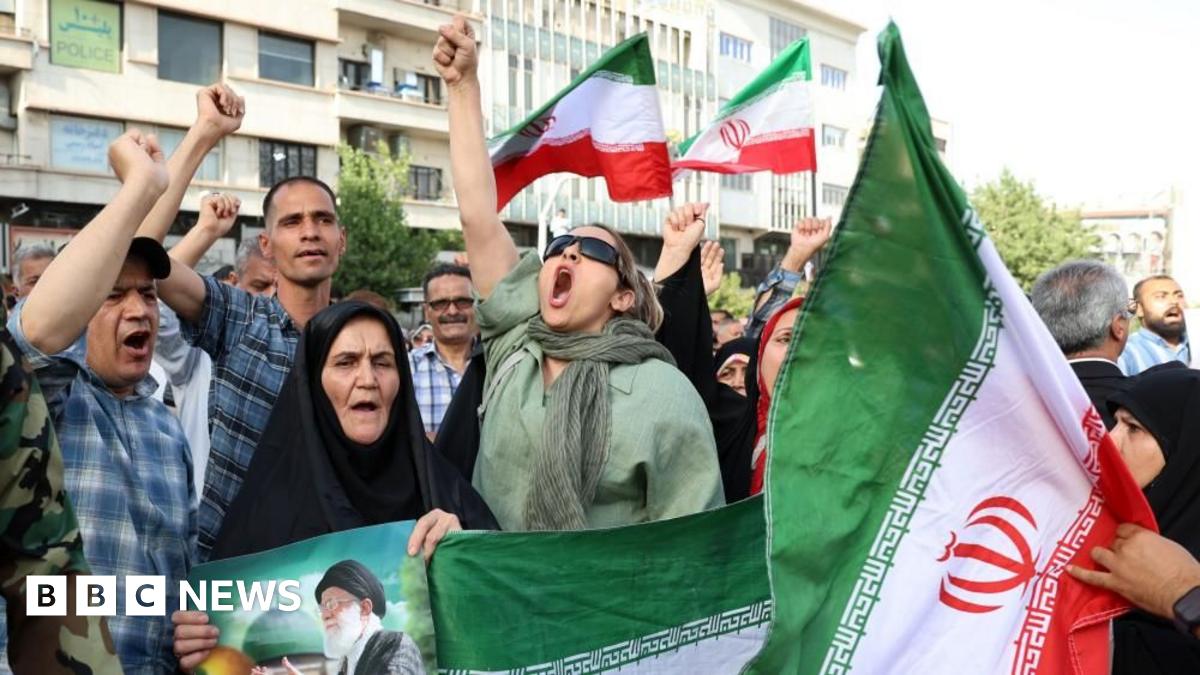Japan Cancels Key Security Talks with US Amid Defence Spending Dispute

Tokyo – In a surprising move that highlights growing tensions between the two nations, Japan has abruptly cancelled planned security talks with the United States. The meetings, known as the “2+2” talks, were scheduled to take place in Washington D.C. on July 1st and involve high-ranking officials from both countries' foreign and defence ministries.
The cancellation comes after Washington reportedly demanded increased defence spending from Japan, a request that has been met with resistance from Tokyo. U.S. Secretary of State Marco Rubio and Defence Secretary Pete Hegseth were due to meet with Japanese Defence Minister Gen Nakatani and Foreign Minister Takeshi Iwaya for the annual discussions, which cover a wide range of security issues, including North Korea's nuclear program, regional stability, and trade relations.
While neither government has issued a formal statement detailing the exact reasons for the cancellation, sources familiar with the negotiations suggest that the US has been pressing Japan to significantly increase its contribution to the cost of hosting American troops stationed in the country. This has been a long-standing point of contention between the two allies, with Japan traditionally bearing a smaller share of the expenses compared to other host nations.
“The US has been increasingly vocal about the need for burden-sharing in defence, and it appears they were not satisfied with Japan’s current commitment,” stated Dr. Emily Carter, a specialist in US-Japan relations at the University of Dublin. “This cancellation is a clear indication that the negotiations have reached an impasse.”
The “2+2” talks are a crucial platform for strategic dialogue between the US and Japan, and their cancellation raises concerns about the future of the alliance. It's particularly concerning given the current geopolitical climate, with ongoing tensions in the South China Sea and the persistent threat posed by North Korea.
Analysts believe the incident could have broader implications for US-Japan relations, potentially impacting trade negotiations and other areas of cooperation. Japan's government is likely to face pressure from both within and outside the country to reconsider its defence spending policy.
The cancellation also throws into question the timing of future security discussions. Both governments have indicated a willingness to reschedule the talks, but the success of those efforts will depend on resolving the underlying disagreement over defence spending. Observers will be closely watching for any signs of a compromise in the coming weeks.
This situation underscores the complexities of maintaining strong alliances in a rapidly changing world, where economic pressures and differing strategic priorities can strain even the closest of relationships. The outcome of this dispute will likely shape the future of US-Japan security cooperation for years to come.





